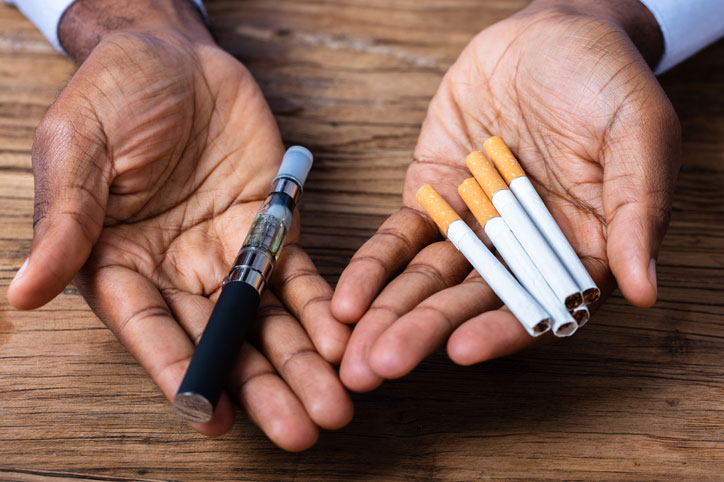Once you can finally convince your loved one through intervention about the need for addiction treatment, detoxification is often the initial stage of drug and alcohol addiction treatment. Detox assists you, or a loved one, to safely detox from drugs and alcohol so you no longer require these substances to operate normally. Detox leads to enhanced overall health, and mental clarity, and arms you with the strength and energy you need to recover from addiction both physically and psychologically.
One can pick any one of the various detox programs based on the addiction type, the severity of your addiction, and personal treatment preferences. A holistic detox is an option for those who choose to abstain from substances naturally through activities like exercise and meditation, whereas medically supervised detox involves taking medications that lessen or completely remove some of the withdrawal symptoms associated with drugs and alcohol withdrawal. Detox programs can be personalized precisely for the patients based on their individual medical history and fight with addiction. After going through a drug or alcohol detox, you may find that counseling, support groups, and other therapies can help you maintain your sobriety for the rest of your life.
How detox affects the brain of an addicted person?
The detoxification procedure can be considered the hardest part of recovery. Though it is not necessary for every patient, some would have to go through it to reap the full benefits of the treatment. Although managing withdrawal symptoms is not ideal for everyone, you shouldn’t use this as an excuse to put off getting treatment for your addiction. Learning how to once again operate without having to be under the influence of drugs or alcohol is hard, but it is achievable. Enrolling in an inpatient detox program will help your tap off the hazardous substances that are slowly killing you.




